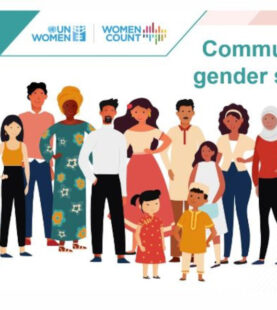Food and Nutrition Security in CARICOM

Course Description
Governments worldwide must ensure that the country has enough food reserves to feed the population in the event of an emergency. Countries within the CARICOM are particularly susceptible to natural disasters and high dependency on imported food items and hence need to have strategies to manage food security. Staff working in official statistics and in agencies concerned with poverty alleviation and child nutrition and statisticians charged with computing international indicators need at knowledge of goals, targets and indicators used in food security.
In this 4 units course 30 hour course, you will be introduced to the components of food and nutrition security, the CARICOM and SDG goals, targets and indicators of food and nutrition security, household food security and CARICOM main food baskets. You will explore the following key areas:
1: Introduction to Hunger and Food Security
2: Food Security and SGD2 in CARICOM
3: Food Security Indicators in CARICOM
4: Healthy Diet Indicators
5: FAO Food security study guides
It will take you approximately 2 hours to complete each module which will include lecture notes practice exercises, reading materials and assessment of learning outcomes using quizzes.
Learning Outcomes
At the end of this course, you should:
1. Know definition of food and nutrition security
2. Introduced to CARICOM Targets
3. Know CARICOM Food security core indicators
4. Know about the healthy diet.
5. Introduced to FAO learning modules on FNS
Requirements
- Familiarity with with SDGs, poverty, food and nutrition security including child nutrition or work in national statistics offices.
Features
- developed from content published in a variety of online sources including CARICOM, FAO and UN
Target audiences
- This course is for you if you interact with SDGs, poverty, food and nutrition security including child nutrition or work in national statistics offices. You may also find the course useful if you want to learn about food choices and availability in the CARICOM.






